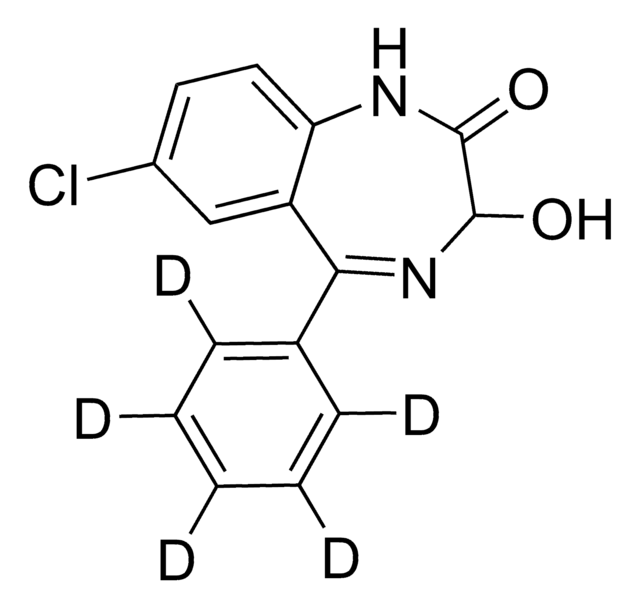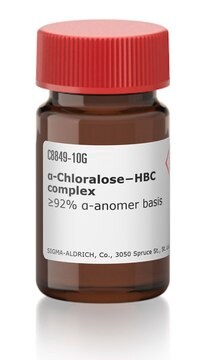Wichtige Dokumente
45373
Chloralose
PESTANAL®, analytical standard
Synonym(e):
Chloralose, α-Chloralose, 1,2-O-(2,2,2-Trichlorethyliden)-α-D-glucofuranose, Anhydro-D-glucochloral
About This Item
Empfohlene Produkte
Qualität
analytical standard
Qualitätsniveau
Produktlinie
PESTANAL®
Haltbarkeit
limited shelf life, expiry date on the label
Methode(n)
HPLC: suitable
gas chromatography (GC): suitable
Anwendung(en)
agriculture
environmental
Format
neat
SMILES String
OC[C@@H](O)[C@H]1O[C@@H]2O[C@@H](O[C@@H]2[C@H]1O)C(Cl)(Cl)Cl
InChI
1S/C8H11Cl3O6/c9-8(10,11)7-16-5-3(14)4(2(13)1-12)15-6(5)17-7/h2-7,12-14H,1H2/t2-,3+,4-,5-,6-,7-/m1/s1
InChIKey
OJYGBLRPYBAHRT-IPQSZEQASA-N
Suchen Sie nach ähnlichen Produkten? Aufrufen Leitfaden zum Produktvergleich
Anwendung
Komponenten
Rechtliche Hinweise
Signalwort
Danger
H-Sätze
Gefahreneinstufungen
Acute Tox. 3 Oral - Acute Tox. 4 Inhalation - Aquatic Acute 1 - Aquatic Chronic 1 - STOT SE 3
Zielorgane
Central nervous system
Lagerklassenschlüssel
6.1C - Combustible acute toxic Cat.3 / toxic compounds or compounds which causing chronic effects
WGK
WGK 1
Flammpunkt (°F)
Not applicable
Flammpunkt (°C)
Not applicable
Persönliche Schutzausrüstung
dust mask type N95 (US), Eyeshields, Faceshields, Gloves
Hier finden Sie alle aktuellen Versionen:
Analysenzertifikate (COA)
Die passende Version wird nicht angezeigt?
Wenn Sie eine bestimmte Version benötigen, können Sie anhand der Lot- oder Chargennummer nach einem spezifischen Zertifikat suchen.
Besitzen Sie dieses Produkt bereits?
In der Dokumentenbibliothek finden Sie die Dokumentation zu den Produkten, die Sie kürzlich erworben haben.
Unser Team von Wissenschaftlern verfügt über Erfahrung in allen Forschungsbereichen einschließlich Life Science, Materialwissenschaften, chemischer Synthese, Chromatographie, Analytik und vielen mehr..
Setzen Sie sich mit dem technischen Dienst in Verbindung.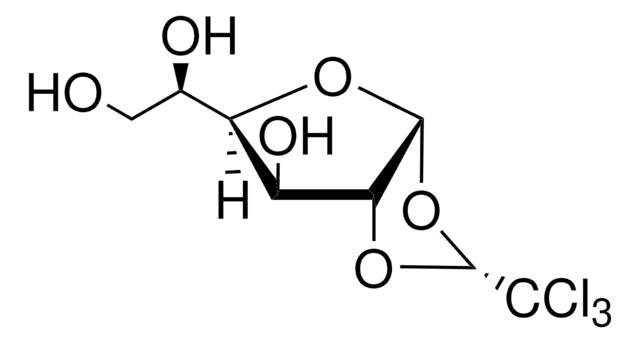
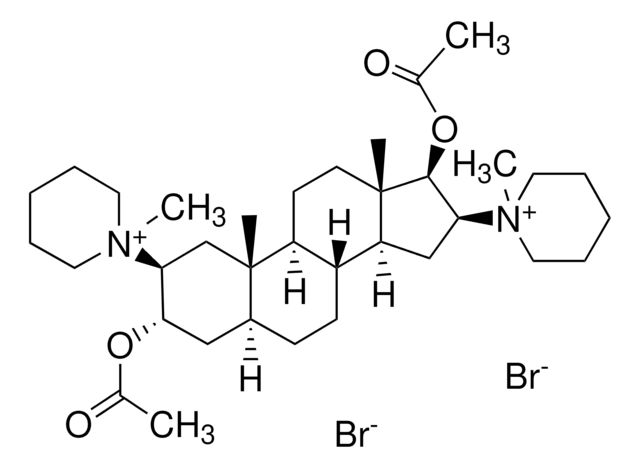
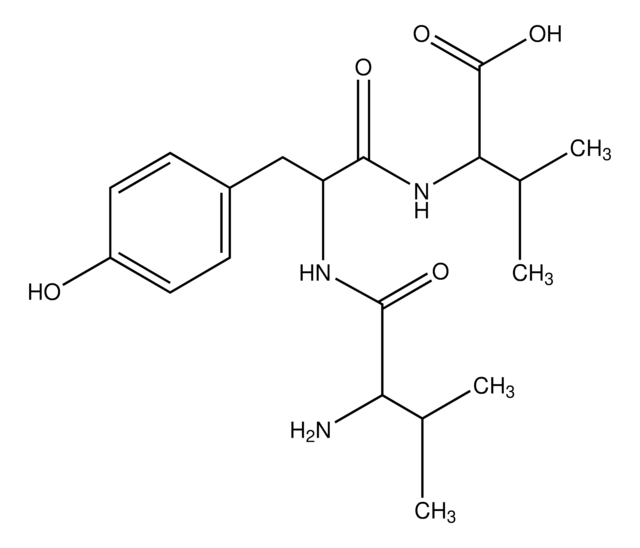

![4-[2-(1H-Pyrazol-1-yl)ethyl]piperidine AldrichCPR](/deepweb/assets/sigmaaldrich/product/structures/141/480/25abbc52-5246-4c18-8439-5bc75f867f65/640/25abbc52-5246-4c18-8439-5bc75f867f65.png)
